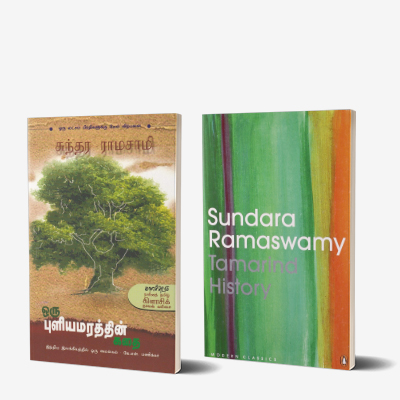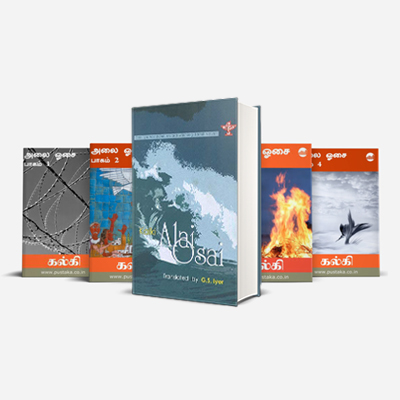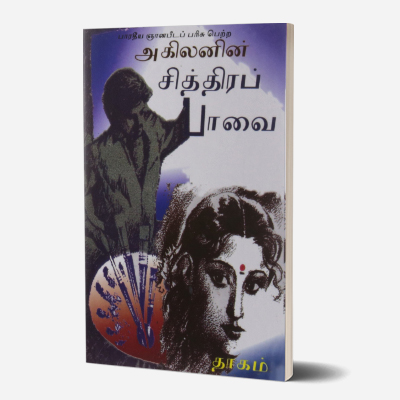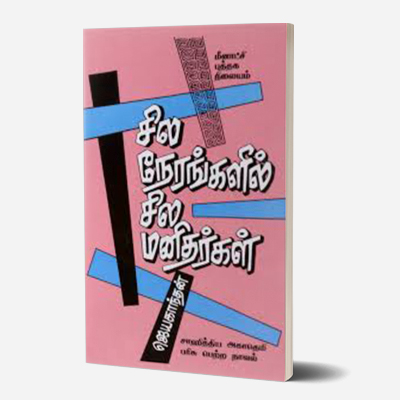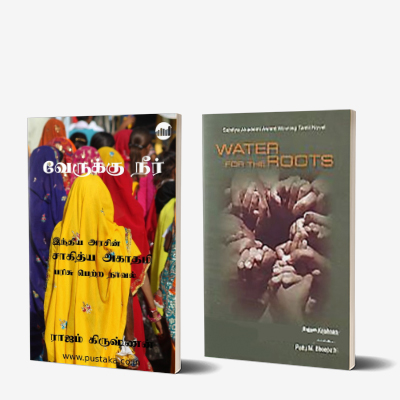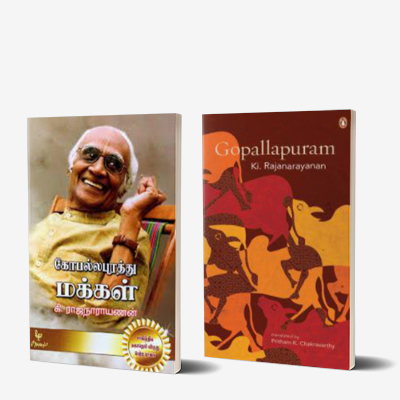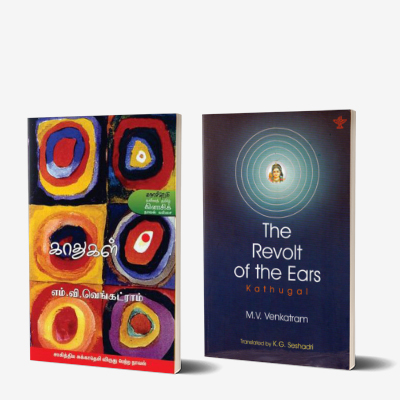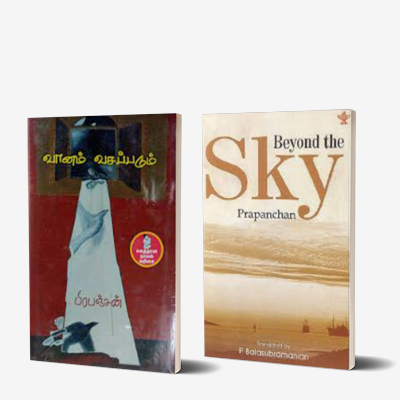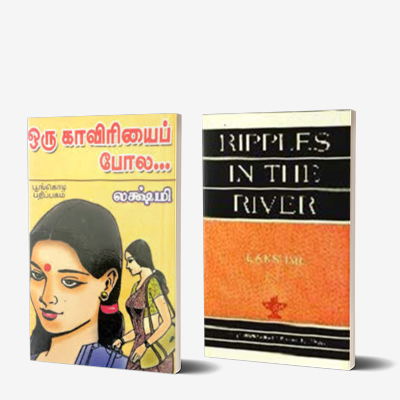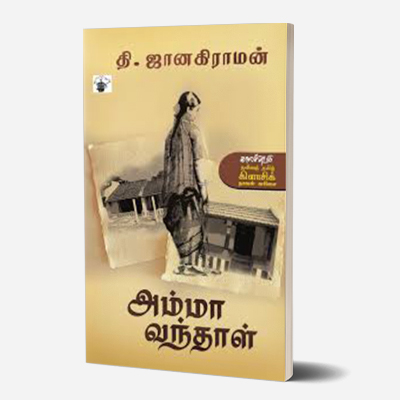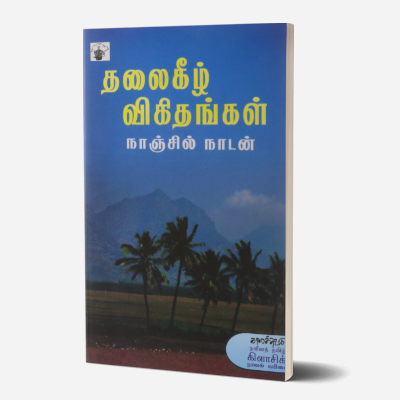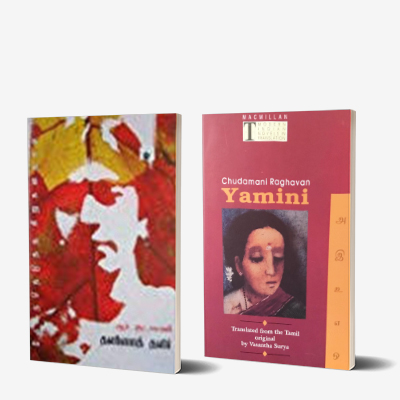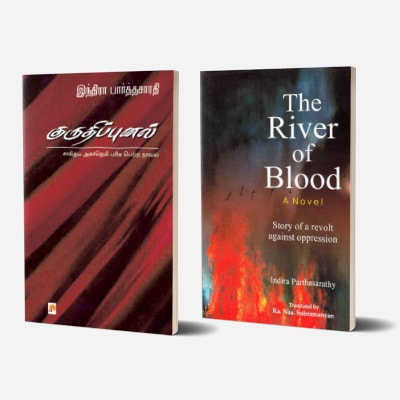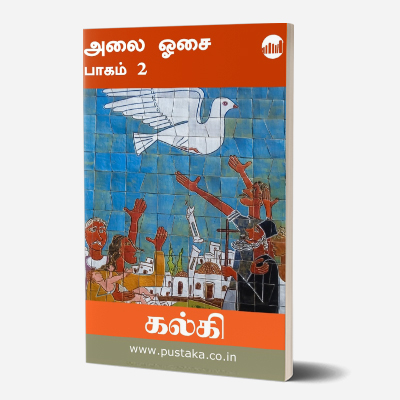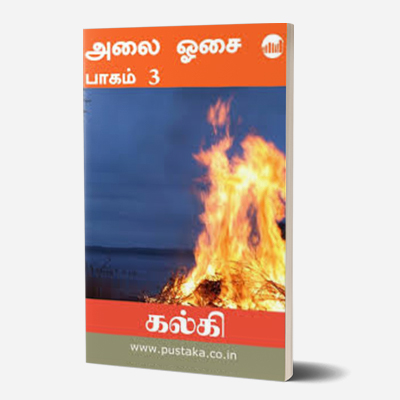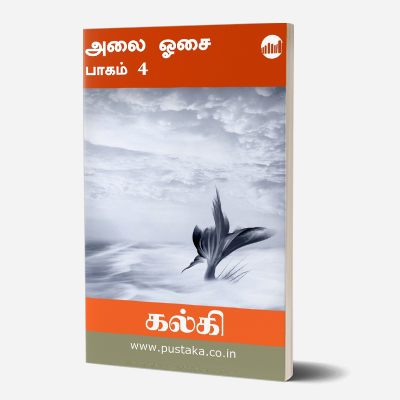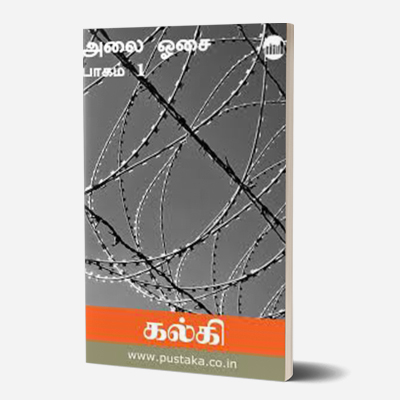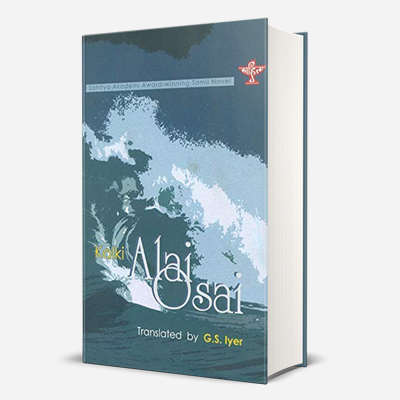Oru Puliamarathin Kathai
By Sundara Ramaswamy
Translated into English as Tamarind History by Blake Wentworth
The book is being re-translated by Anirudh Vasudevan and has already been commissioned by Amazon Crossing. Set to release in 2021
With a narrative breadth never before seen in Tamil fiction, Sundara Ramaswamy’s Oru Puliamarathin Kathai inaugurated a new era in Tamil letters. Its meditations on the loss of beloved places, the shared experience of the past and the meaning of togetherness amid struggle, ambition, and enmity, all flow from the life of an aged tamarind tree that stands at the center of a bustling town. This town’s wild places – their mythic pasts still treasures by an old wanderer and the youth who listen to his tales – are stripped away as politicians commit to modernization in the name of progress. Yet the town remains filled with life and beauty even as it is irrevocably damaged.
About the Author
Sundara Ramaswamy (1931–2005), fondly known as “Su. Ra” in literary circles, was one of the exponents of Tamil modern literature. He edited and published a literary magazine called Kalachuvadu. He wrote poetry under the pen name ‘Pasuvayya’. His other novels translated into English are J.J Silakuripukal translated by A.R Venkatachalapathy as J.J: Some Jottings (Katha, 2004) and Kuzhanthaigal, Pengal, Aangal translated by Lakshmi Holmström as Children, Women, Men (Penguin 2013).
Alai Osai
By Kalki Krishnamurthy
Translated in English with the same name by GS Iyer
Alai Osai is a reflection of Kalki’s personal political belief system. It observes the Partition and describes the mindset of people during that era. The author had visited the Hindu refugee camps in Delhi to depict the emotions of people driven out of their land that is currently known as Pakistan. This is the first major work in Tamil that gives adequate coverage to the issues of Partition.
Kalki considered Alai Osai, which was serialized in Kalki in 1948-49 and published as a book in 1963, as his best. The novel won for him the Sahitya Akademi award posthumously in 1956.
About the Author
Ramaswamy Aiyer Krishnamurthy, better known by his pen name Kalki, was an Indian writer, journalist, poet, critic and Indian independence activist. Although there is practically no subject he left untouched and no genre he did not experiment with, he is best known for his historical romances, which are acclaimed as classics and remain popular to this day, nearly five decades after his death. The government of Tamil Nadu announced the nationalization of Kalki’s works, this will enable publishers to come out with reprints of his works. It is amazing that whereas works of several contemporary writers fail to see even a second edition, each of these novels has been re-published eight times over the past 15 years (1984-1999). Kalki’s crusade against alcohol, untouchability, superstition, oppression of women and many of the decadent practices in Brahmin families of those days is testimony to his progressive thinking
Chittirappavai
By Akilan
Translated into English as Portraits of a Woman by Prema Nandakumar
Chittirappavai is a contemporary social novel written by Akilan, which vividly questions and attempts to address the social structure of marriage and destiny in the 21st century. On one hand, the novel speaks of the mismatched marriage of Annamalai with Sundari and Manickam with Anandi and on the other, it discusses the social fabric and societal immorality through the materialistic Manickam and the ‘forward-thinking’ Sundari. Its relevance in this day can be ascertained by reviewer Jameel Ahamed concluding statement that Chittrapavai is a projection of likely trends in the 21st century – the new woman, the emerging woman of the succeeding century may not sit and watch idly as the society tramples over her. The novel won the Jnanpith Award in 1975.
About the Author
Akilan was the pen name of Akilandam, the first of only two Tamil-language Jnanpith awardees, who wrote and translated more than 20 novels, 200 short stories, essays, and plays. His writings won multiple awards, including the Jnanpith in 1975 — the first Jnanpith to be awarded to a Tamil writer — and his works have been translated into a slew of languages, including Russian and Chinese. He was uncompromising in his views, yet able to adapt, and outspoken to the end.
